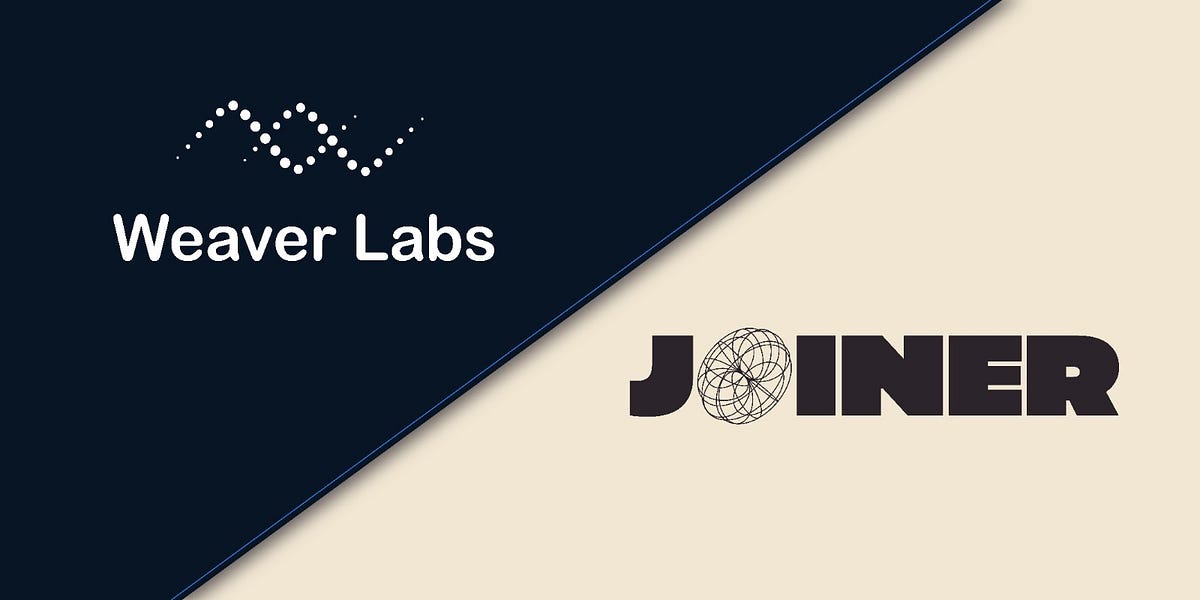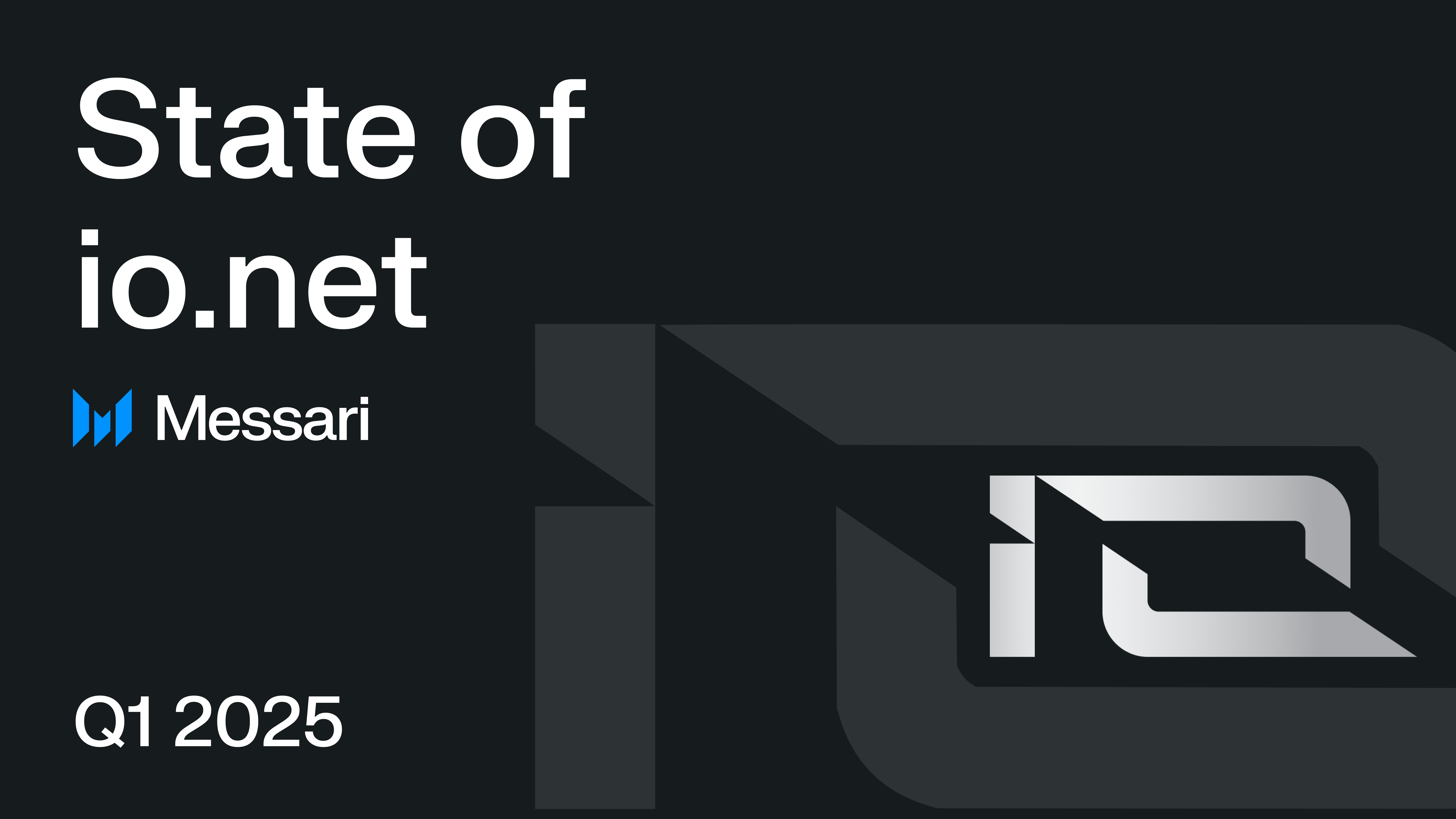JOINER Project: Paving the Way for 6G and Beyond in the UK

The telecom industry is on the brink of a transformative era with the advent of 6G technology, which promises to redefine connectivity and innovation. The JOINER project, the UK’s first national accelerator program for 6G and beyond, aims to unite researchers, businesses, and government entities to address significant challenges in the telecom sector. By fostering collaboration and breaking down silos, JOINER creates a shared platform that facilitates resource sharing and the development of innovative solutions, ultimately driving the industry forward.
A standout feature of the JOINER initiative is the implementation of Hypervisor as a Service (HaaS), based on Weaver Labs’ Cell-Stack software. This service introduces a layer of cloud automation that simplifies the management of complex Telco-Cloud platforms, such as Kubernetes and OpenStack. By enabling zero-touch deployment and management, HaaS allows researchers to concentrate on innovation without the burden of technical complexities associated with cloud infrastructure. This streamlined approach enhances collaboration and accelerates the development of new technologies, positioning the UK as a leader in telecom innovation.
JOINER’s mission extends beyond HaaS, as it aims to facilitate large-scale research, create shared telecom testbeds, and foster collaboration among various stakeholders. With plans to host experiments across multiple interconnected locations and deliver the UK’s first full-scale 6G demonstration by March 2025, JOINER is set to play a pivotal role in shaping the future of telecom. By training the next generation of professionals and strengthening the UK’s leadership in global telecom standards, JOINER, supported by Weaver Labs, is paving the way for a smarter, more connected world powered by 6G and beyond.
Related News





